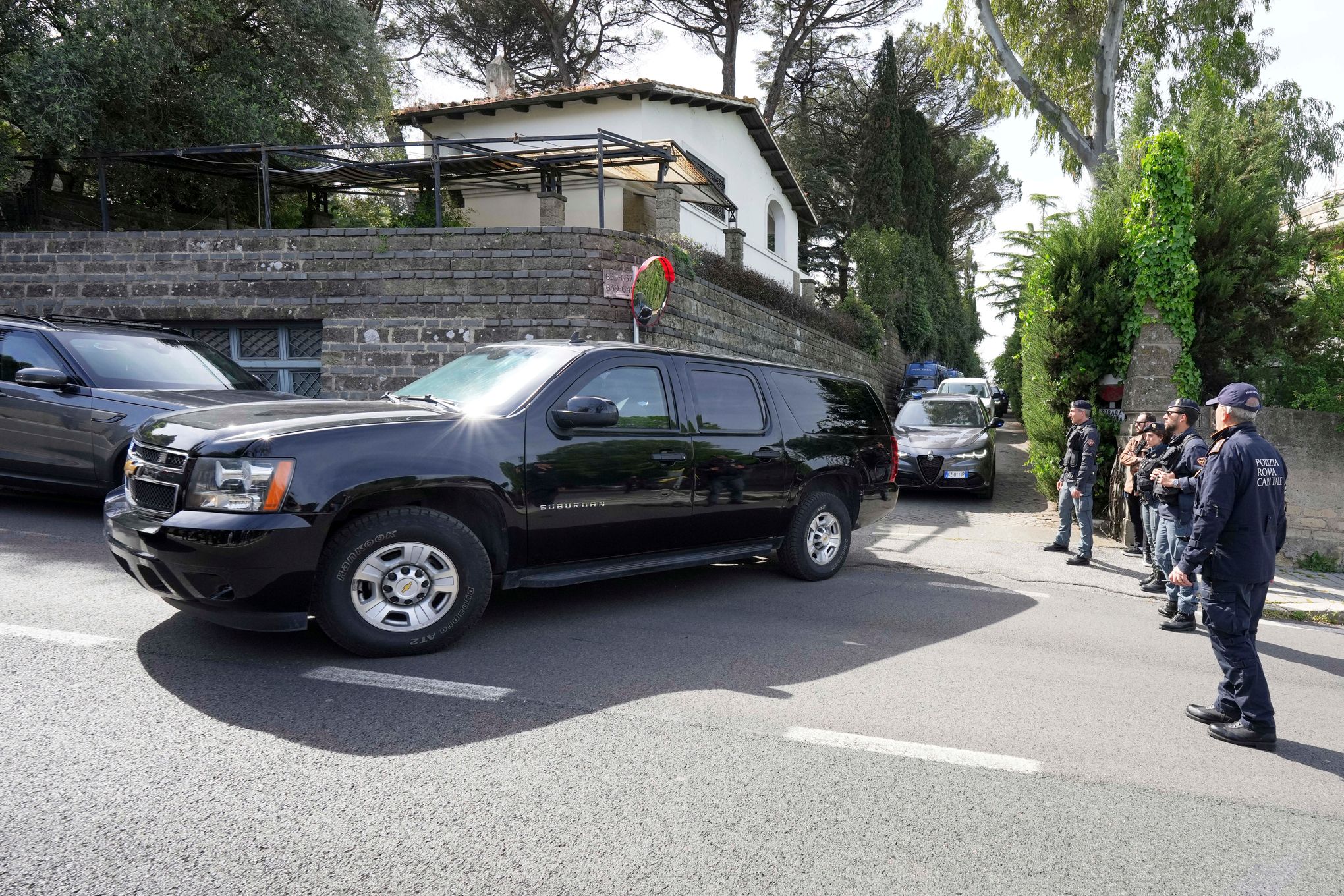Iran and US Shift to Expert-Level Talks on Tehran’s Nuclear Program Following Rome Negotiations
In a significant development in international diplomacy, Iran and the United States are transitioning to expert-level discussions concerning Tehran’s nuclear program. This move comes in the wake of recent high-level negotiations held in Rome, where both nations sought to bridge longstanding gaps over Iran’s nuclear ambitions.
The Rome meetings, described as constructive by diplomatic insiders, were part of ongoing efforts to revive or reshape a framework akin to the 2015 Joint Comprehensive Plan of Action (JCPOA), from which the United States unilaterally withdrew in 2018 under the Trump administration. Since then, tensions have escalated, with Iran progressively rolling back on its commitments and expanding its uranium enrichment activities—sparking international concerns.
According to sources familiar with the matter, the recent Rome negotiations included senior diplomats and policy advisors, but the decision to move the dialogue to an expert level marks a new phase. These talks will involve technical specialists who are better equipped to analyze and negotiate the finer details of nuclear policy, verification protocols, and sanctions relief measures.
U.S. officials have reiterated their commitment to a diplomatic solution that ensures Iran does not acquire nuclear weapons, emphasizing the need for robust monitoring and transparency mechanisms. For its part, Iran insists that its nuclear program is solely for peaceful purposes and continues to call for the lifting of sanctions that have crippled its economy.
The shift to expert-level discussions is being seen by analysts as a sign of cautious optimism. It suggests that while significant differences remain, both sides are willing to engage in deeper, more technical negotiations that could lay the groundwork for a broader agreement. Observers note that expert-level talks are crucial for resolving complex issues like uranium enrichment thresholds, timelines for lifting sanctions, and access for international inspectors.
European Union officials, who have often played a mediating role in the nuclear negotiations, welcomed the development, urging all parties to remain committed to dialogue. Meanwhile, regional stakeholders—including Israel and Gulf Arab nations—continue to monitor the situation closely, wary of any deal that might embolden Iran’s influence in the Middle East.
The international community remains hopeful that this new phase of negotiations will prevent further escalation and pave the way for a renewed framework that can address global security concerns while respecting Iran’s sovereignty.
As the expert-level talks commence, the world watches closely to see whether diplomacy can once again steer the course of one of the most contentious international security issues of the 21st century.
Source : Swifteradio.com


